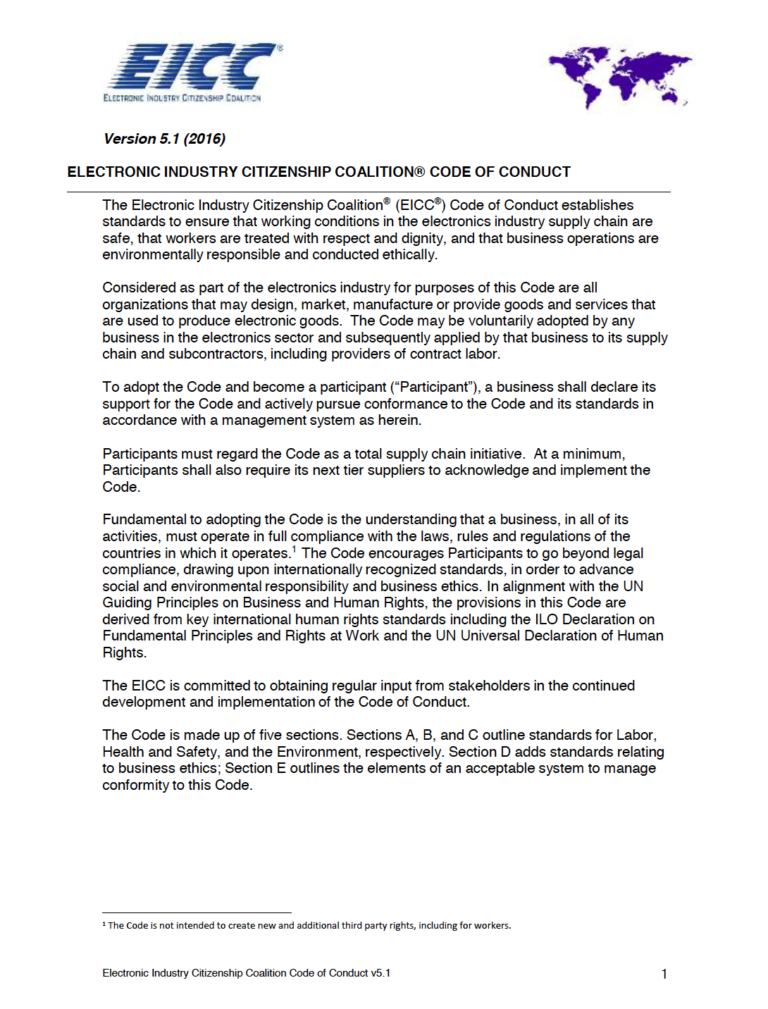Global Guidelines on the Prevention of Forced Labour Through Lifelong Learning and Skills Development Approaches
GuidanceStandards & Codes of ConductQuality education and training lays the foundation for the economic and social development not only of individuals but of society as a whole. Yet, many lack opportunities to acquire relevant knowledge and skills that would allow them to earn a decen...Read More

